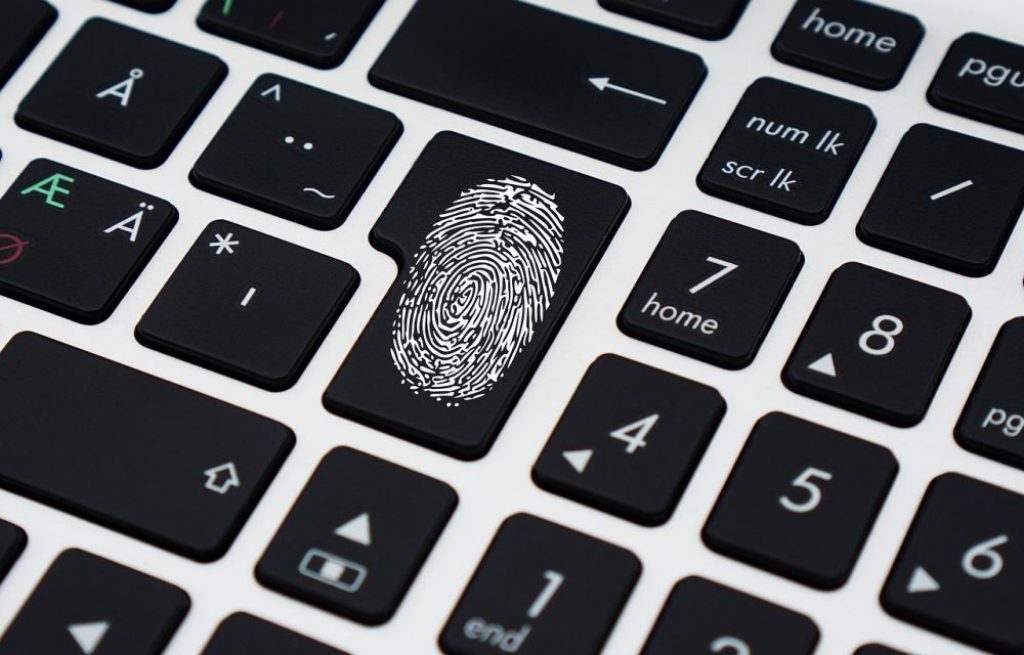
The Internet is full of opportunities, information, entertainment, and money. When it comes to securing data transmission, we can’t control the hackers, malicious scripts, and programs to evade. At some point in the future, everyone needs a strong security feature to avoid attacks. Here comes the lifesaver VPN, it is the cheapest and most secure way to anonymize and encrypt your internet connection. In this post, we discuss a brief guide to the VPN.
A VPN is not only for securing an internet connection, but it is also useful to unlock region-locked content. Using a VPN, you can secure your online purchases, bank transactions, credit card purchase transactions, home addresses, personal information, and much more.
What is VPN?
What is a VPN? A term regularly comes to notice for unlocking blocked content, securing the network, and anonymous browsing. A VPN (Virtual Private Network) uses an IPsec, L2TP, PPP, PPTP, and tunneling techniques to secure the data transmission.
In detail, a VPN is a virtual network that transfers the data connection through their servers and anonymizes the clients by authorizing the network. The VPN network service provider is responsible for storing encrypted data. When the VPN service is active, all the packets travel through a protected tunnel between the user’s computer and VPN server. There are various types of VPN available there to suit your needs.
Who needs a VPN?
Literally, VPN is useful for everyone who concerns about online security. It is useful for individuals, students, Business organizations, entertainment lovers, and privacy-oriented people.
How to use VPN?
A VPN is usually a premium service; you need to pay membership charges to take advantage of the VPS. The membership charge starts from $2 to unlimited bandwidth plans depending on your usage statistics. After purchasing a plan, you need to install the program provided by the VPS provider to start using it.
List of VPN Providers
- Cyberghost VPN
- ExpressVPN
- HideIPVPN
- NordVPN
- IPVanish
- Private Internet Access
- BoxpnVPN
- PureVPN
- SaferVPN
- Spotflux VPN
- TorGuard
- VyprVPN
There are many paid and free VPN services available on the market; we soon review every VPN service on our site.
When to use a VPN?
VPNs are useful in many circumstances. Depending on your needs, you can employ a VPN, if you want:
- Online privacy and security – Those who don’t feel comfortable on the internet can definitely use a VPN to hide their real IP address and stay safe from intrusive actions. A VPN offers heightened privacy and data security while online.
- Unrestricted Streaming – Movie fans can use a VPN to browse content from different regions. A VPN can bypass geo-restrictions and allows users to view content from all over the globe. It is also effective against censorship.
- P2P file sharing – If you want to use torrents, you should do so after connecting to a VPN. It will not only keep you safe from unwanted links, but it will also help to mask your real IP address.
- Bypass Throttling – ISPs employ throttling as a means to promote content they want. If you do not want to suffer from reduced speed when you are visiting your favorite websites, use a VPN.
- Gaming – Lastly, a VPN can be a boon for gamers, as many games are region restricted. If you do not want to wait for a game to be available in your country, use a VPN.
Benefits of a VPN
A VPN offers multiple benefits, which we have listed below. Take a look:
1. Online protection
VPNs can protect your online activities, even on a public network. Today, many people are starting to realize the risks of public Wi-Fi. Hackers can easily steal your data when you connect to a suspicious free Wi-Fi network. But a VPN protects against that threat by encrypting your web traffic.
2. Bypassing blocks
Today, most countries employ some modicum of censorship to control the masses. And then some websites also block specific IP addresses to stop users from connecting to their services. A VPN can solve all these issues by hiding your real IP and providing you with a new one that can be used to view blocked content.
3. Work from Home
VPNs allow users to safely work from their homes, as they can now use a secure network to handle online tasks without mitigating security. During COVID, VPNs were in high demand due to an increase in the WFH culture.
4. Security for Businesses
If you run a business, using a business VPN has a lot of benefits. Especially, if you deal with a lot of sensitive information related to your business, you should be using a private VPN server dedicated to your business needs.
